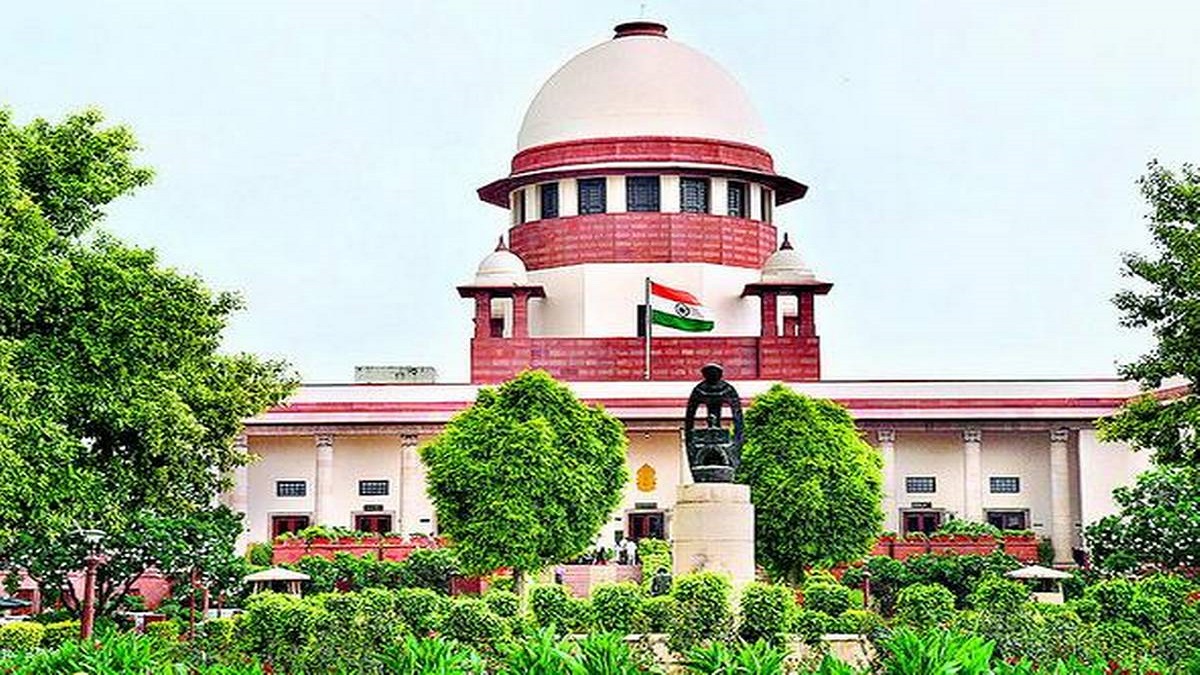SC strikes down an Assam law on medical education
The apex court has struck down Assam's Rural Health Regulatory Authority Act 2004, read here for details.
The Supreme Court has struck down the Assam Rural Health Regulatory Authority Act 2004 which allowed the diploma holders of the three-year course in medicine and rural health care to treat certain specified common diseases.
Upholding a Gauhati High Court judgement of 2014, where the court declared the Assam's Rural Health Regulatory Authority Act 2004 to be unconstitutional and ultra vires, a division bench of Justices BR Gavai and BV Nagarathna said, “The Assam Act seeks to regulate such aspects of medical education [that are within the exclusive domain of the Parliament], and is liable to be set aside on the grounds that the state legislature lacks the necessary competence,” as reported by Live Law.
“It is essential that uniform standards are laid down by the Parliament which are adhered to by institutions and medical colleges across the country. To this end, Entry 66 has been formulated with the objective of maintaining uniform standards in research, higher education, and technical education. Hence, state legislatures lack legislative competence in the areas of prescription of minimum standards for medical education, authority to recognise or derecognise an institution, etc.. The particular qualifications for medical practitioners practising in disparate areas and in disparate fields, providing different levels of primary, secondary, or tertiary medical services, are within the mandate of expert and statutory authorities entrusted with the said mandate by the Parliament,” said Justice Nagarathna.
The three-year diploma course was introduced by the Assam government nearly two decades ago to boost the rural healthcare infrastructure of the state.
However, the law was challenged on the ground that the Assam legislature did not have the competence to make such a law as it fell completely in the Parliament’s legislative domain.
"while the state government has the authority to grant permissions to open medical institutions, prescription of minimum standards for medical education, authority to recognize or derecognize institutions, are areas over which exclusive legislative competence lies with Parliament u/ List I, Entry 66,” added the court.
Read more:
Follow Shiksha.com for latest education news in detail on Exam Results, Dates, Admit Cards, & Schedules, Colleges & Universities news related to Admissions & Courses, Board exams, Scholarships, Careers, Education Events, New education policies & Regulations.
To get in touch with Shiksha news team, please write to us at news@shiksha.com

